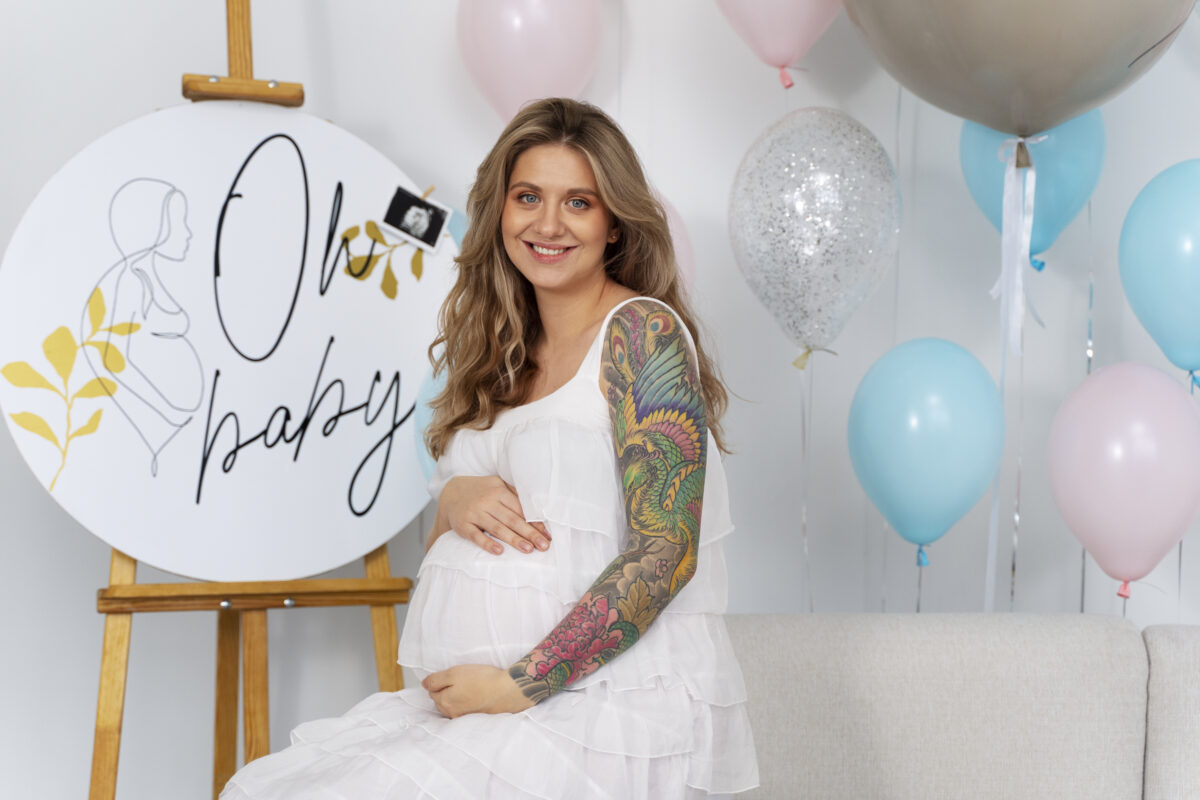In vitro fertilization (IVF) represents tangible hope for many people looking to start a family. However, one of the most common questions that arise when considering this treatment is: is there an age limit for IVF? This question is critical, as age can have a significant impact on success rates and the health of both the mother and the baby-to-be.
In general, there is no strict “maximum age” for IVF, but specialists usually make recommendations based on medical evidence. Typically, most clinics suggest that IVF be considered before the age of 45, especially when using the patient’s own eggs. This is because, over time, the quality and quantity of eggs naturally decrease, a phenomenon known as decreased ovarian reserve.
However, within our experience we know that life can give us surprises, and today we can tell out loud about our success stories in women, even over 50 years old, so achieving a pregnancy after 40 is not only possible, but also does not depend 100% on statistics.
Factors that influence the age for IVF

- Ovarian reserve and egg quality: As age advances, the likelihood of obtaining healthy eggs decreases. This can affect the ability to achieve a viable pregnancy and increases the risk of genetic abnormalities in the embryos.
- General Health Conditions: The mother’s physical health is crucial to the success of treatment and the safe development of the pregnancy. Factors such as hypertension, diabetes, and cardiovascular disease can increase risks during pregnancy.
- Use of donated eggs: In women over 45 years of age, it is common to resort to donor eggs, as these usually increase the chances of success. With this option, many women can achieve pregnancy even after the age of 50, as long as their health allows it.
Technology at the service of life
Thanks to advances in science, age is no longer an insurmountable barrier for many people who dream of having a child. Egg freezing is an option increasingly used by women who want to preserve their fertility and postpone motherhood. In addition, the genetic selection of embryos allows the healthiest to be identified, reducing the risks associated with hereditary diseases.
For some couples, fathers or mothers in single-parent parenting, facing the decision to turn to science to materialize their dream of having a baby, can be a process that requires several mental reframes, and consequently face the world from a different position, assuming technology as an ally and a channel for life to express itself.
At Fertivida, we understand that each story is unique and we accompany each person on their path to motherhood or fatherhood with an empathetic and personalized approach. Although age is a determining factor, we believe that science is at the service of life and that, with the right technology, dreams can come true.
Common Questions About Age and IVF
Does the father’s age affect the results?
Yes, although to a lesser extent than in women. From the age of 40, sperm quality can decrease, but IVF and other technologies can help overcome these challenges.
Is it safe to do IVF after 40?
While the risks increase, rigorous medical follow-up and technological advances make a safe pregnancy possible.
What if I have a history of hereditary diseases?
Preimplantation genetic testing can significantly reduce the risks of passing these conditions on to the baby. Age is a number, but it is also a biological reality that must be taken seriously. In vitro fertilization offers a wonderful opportunity to start a family, and each person deserves to have clear information and options that fit their unique situation. At Fertivida, we’re here to answer your questions and guide you every step of the way.




